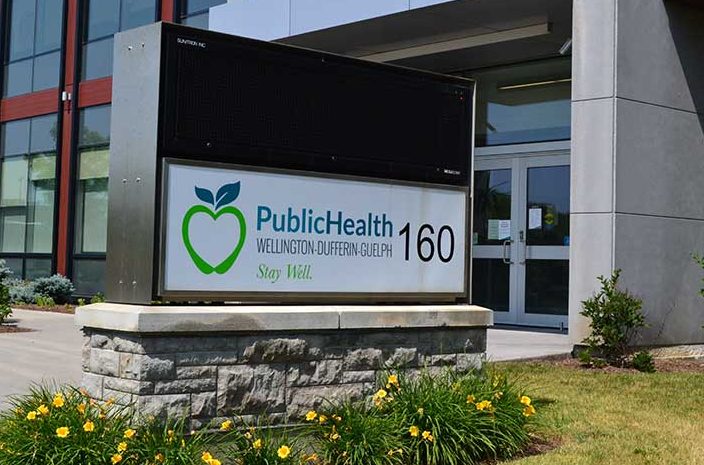GUELPH – Wellington-Dufferin-Guelph Public Health (WDGPH) is trying not to step on the toes of dentists in private practice as it remounts the Ontario Seniors Dental Program.
Public health units have been mandated by the province to offer the program, which provides free dental care to eligible low-income seniors.
Local dentists who volunteer for the program are paid for their time, “but the fees paid are very low.
“They mostly do it as charity and that’s not a good basis for a program,” medical officer of health Dr. Nicola Mercer told the Board of Health at its June 1 meeting.
Renee Charbonneau-Smith, manager of healthy living services, said WDGPH received funding from the province to start the seniors’ dental program in 2018 and it rolled out the program in 2019.
But with COVID-19, the program was halted and staff were redeployed.
It resumed last May and served 35 clients a month on average in 2021, one day a week at the clinic at WDGPH headquarters in Guelph.
There are now two dentists seeing patients and the Guelph clinic operates four days a week.
There will also be a clinic in Orangeville one day a week, and public health recently added a registered dental hygienist to the complement, who conducts the new patient exams and briefs the dentist in an effort to streamline the process, fully-utilize the skills of the hygienist, and reserve the dentist’s time for work no one else can do.
“It’s an innovative model,” Charbonneau-Smith said. “Several health units are interested in what we’re doing.”
But as with everyone else, the pandemic has taken a toll on dental practices as well.
Charbonneau-Smith said WDGPH had a list of 13 dentists and five denture clinics willing to help with the program, but five dentists have withdrawn from the list.
“There are lots of dentists seeking patients,” Mercer said. “Probably if they paid a little more to the dentist, it would not be a problem.
“But we’re building a system when there is another system in place.”
Another problem with the program is the low-income cutoff is very low.
To be eligible, seniors must be 65 or older and have no access to private or public dental benefits including through the Ontario Disability Support Program or Ontario Works.
The income cutoff for single residents is $22,200 or less; for couples it is a combined income of $37,100 or less.
“The income cutoff is too low,” said Rita Isely, director of community health and chief nursing officer.
“We need to do some advocacy to change that.”
Still, dental care is an important part of health care and those who can’t afford a dentist often wind up in hospital emergency rooms – the only place they can get treatment – or at their family physician, who can prescribe antibiotics and pain medication but don’t treat the teeth.
Charbonneau-Smith said as the program ramps up, officials are also working on communicating to healthcare partners and to low-income seniors that the program exists.
“Dental care is critical for health,” she said, adding there are about 4,000 seniors in the region who would qualify, and she expects 40 per cent – or 1,632 individuals – might use the program.
Currently there are 410 patients on a waiting list.




